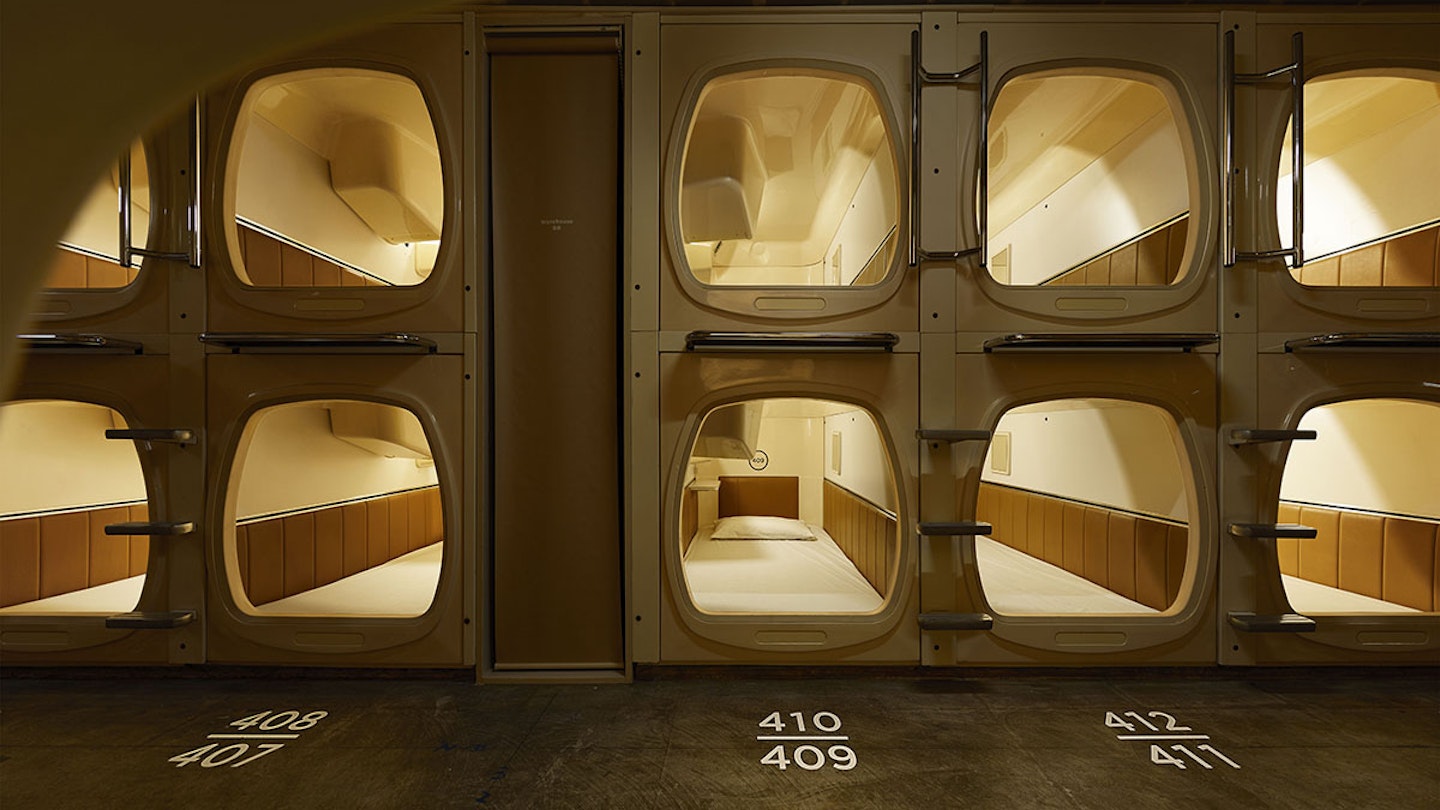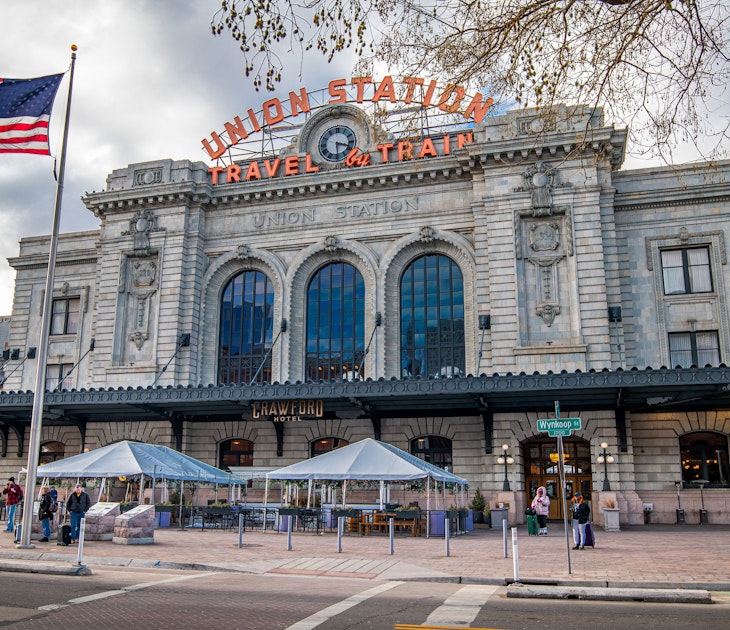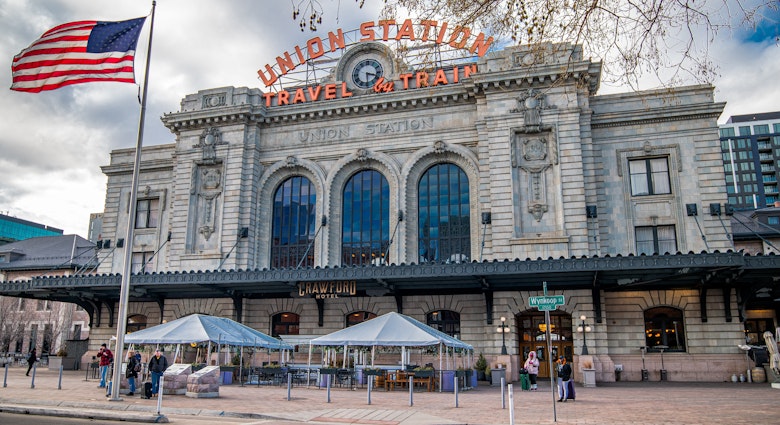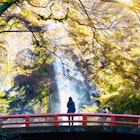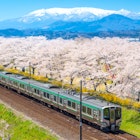A contemporary capsule hotel has been unveiled in Tokyo, after a series of renovations and redesigns were carried out on an already existing establishment in an effort to make it more modern and appealing to travellers and guests.

Called ℃ (Do-C), the new business was launched by the capsule hotel chain 9h (nine hours), which owns a number of locations in the Tokyo metropolitan area. While the company usually builds a new location from start to finish, for this project, they enlisted the help of Schemata Architects, who instead created a new brand and feel for ℃ in an old building.
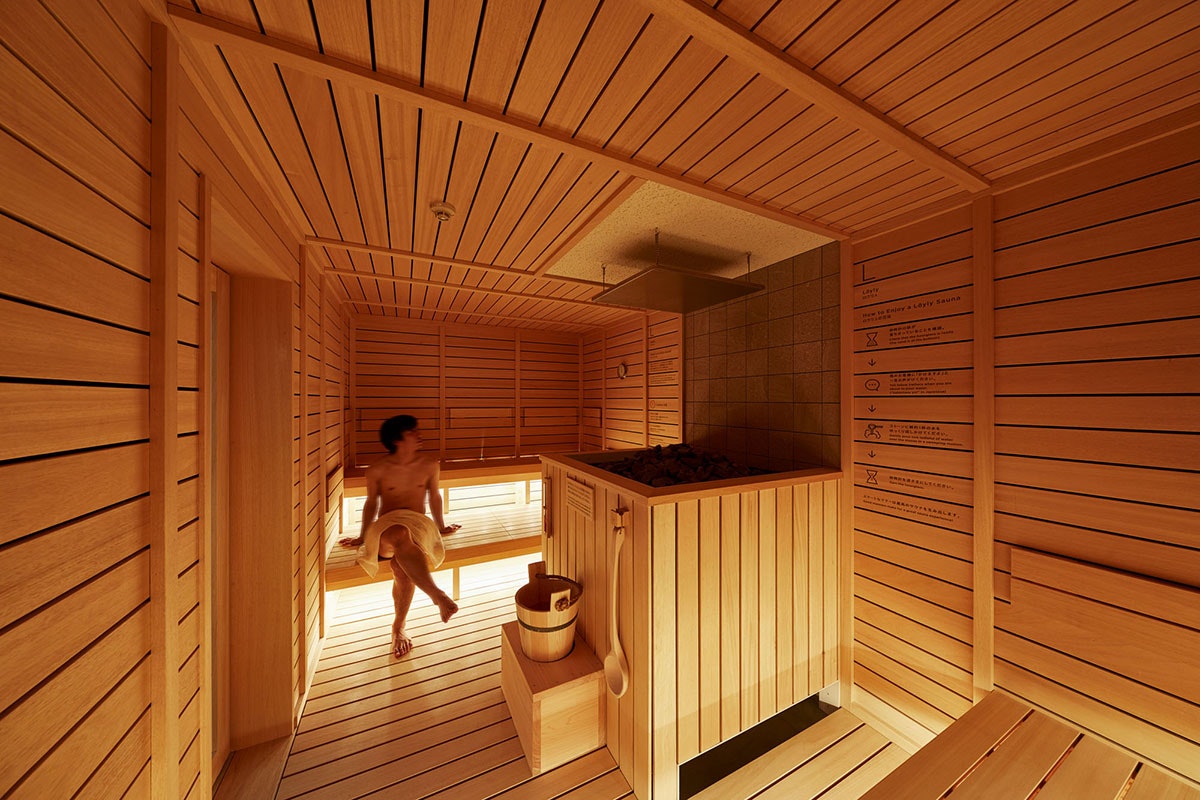
Located one minute on foot from Ebisu Station in bustling Shibuya, one of the most popular areas in the city for nightlife and sightseeing, the capsule hotel has been redesigned to be simplistic and modern. Customers spending a night there are each allocated a personal modular sleeping pod with room enough to lie down. Capsule rooms come complete with a small personal television, a phone and plugs for charging devices. A unique aspect of travel in Japan, capsule hotels have proven more and more popular over the past few years with people travelling for business, backpackers looking to keep costs down and foreigners wishing to experience something different. Common throughout the country, the hotels are usually the cheapest option when it comes to accommodation, and in ℃, an average night's stay costs ¥3,900 ($35) and ¥4,900 ($45) with breakfast included. Guests can even opt to take advantage of the nine hour nap policy, that allows them to check in under the limited time for ¥1,900 ($17).
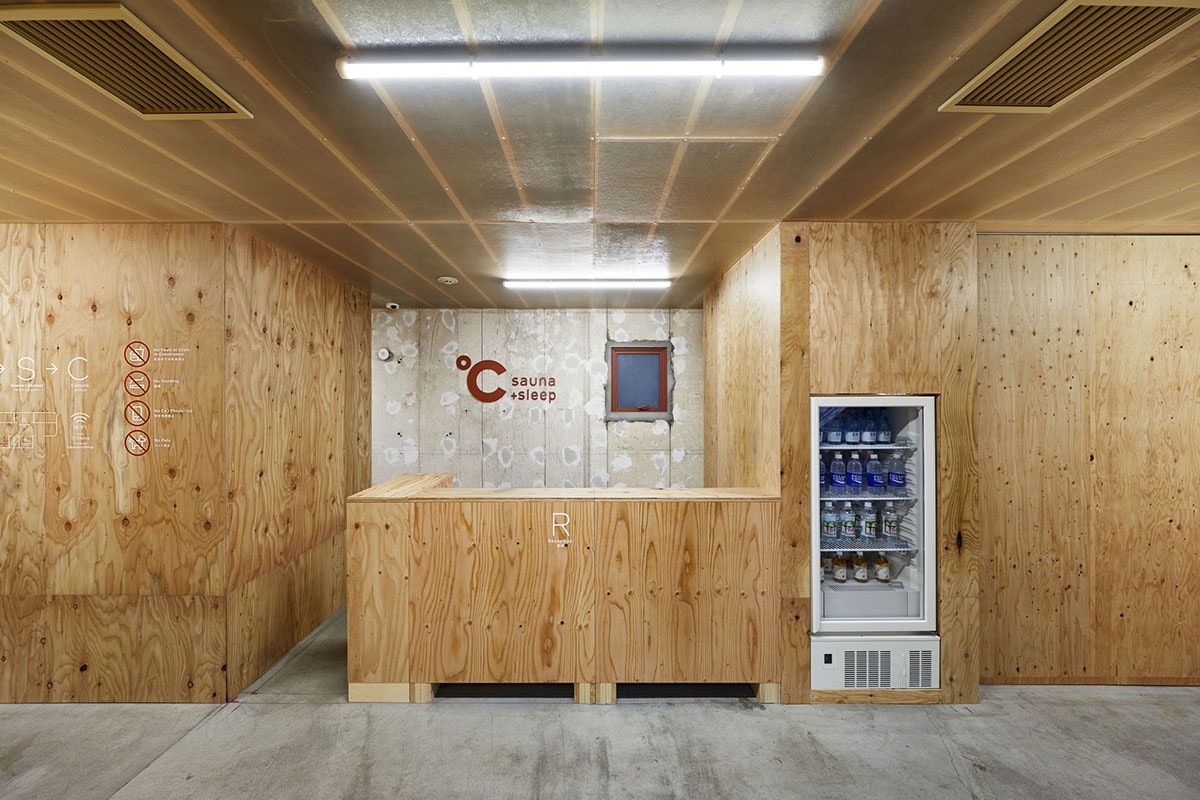
While capsule hotels come in a variety of different styles, when it came to revamping ℃, the design was kept as simple as possible. The capsules themselves were left in a simple beige colour reminiscent of the retro design period – with the entire building being finished in the exact same colour throughout in an effort to make it feel as if the hotel has a unique identity. In the lobby area, guests are greeted with concrete flooring and unfinished wooden walls, feeling as if they have stepped into another universe.
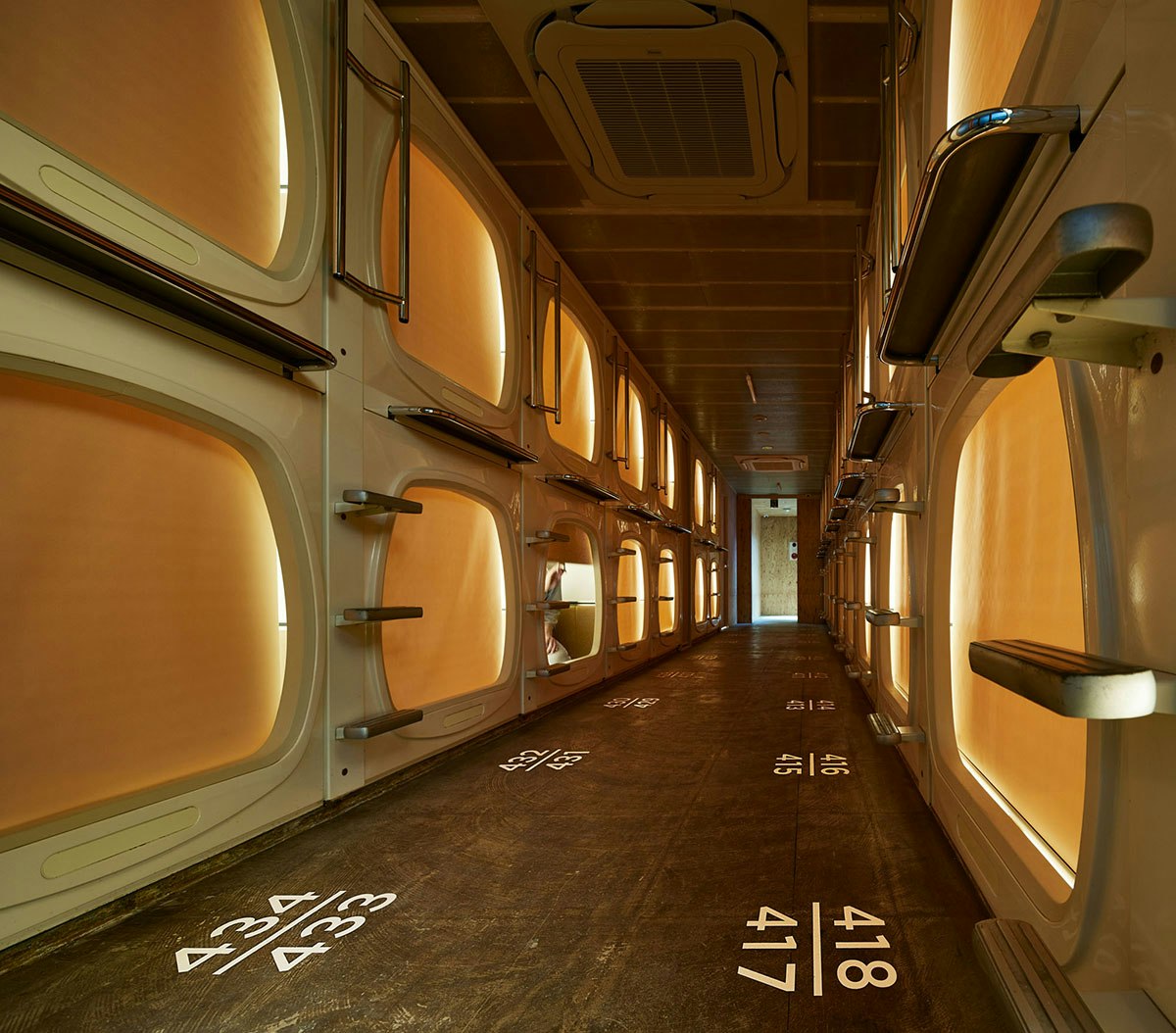
Playing off the idea that capsule hotels are often stereotypically associated with saunas, the designers embraced this identity, importing bathing facilities for saunas and cold baths from Finland that include warm pillar faucets for a cooling down method called “löyly”. The space that connects the shower room and the sauna area has been finished with a clear fiber reinforced plastic from floor to ceiling for complete waterproofing.
“People from different countries think that the capsule hotel is unique. People used to use capsule hotels to save money, but now they use it to have a little fun. Also, most of customers were business men before, now there are more women, young people and tourists,” Jo Nagasaka of Schemata Architects told Lonely Planet Travel News.
More information on visiting the capsule hotel is available at the official website.
